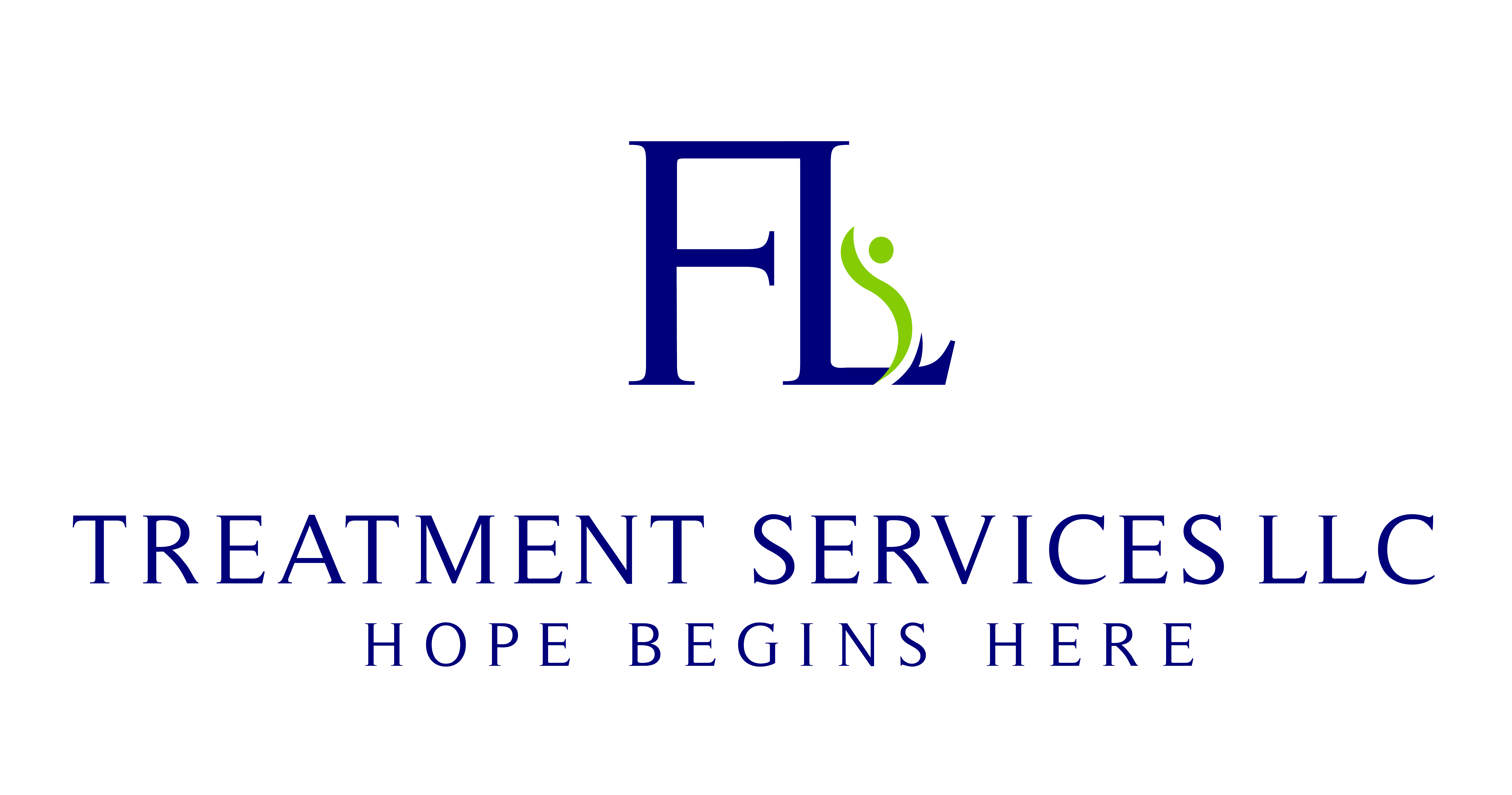“Medication-assisted treatment —a combination of psychosocial therapy and U.S. Food and Drug Administration-approved medication—is the most effective intervention to treat opioid use disorder and is more effective than either behavioral interventions or medication alone.” – Office of Nationa Drug Control Policy
The “whole-patient” approach at Florida Treatment Services recognizes that addiction is a complex disorder that grips both the body and the mind. That’s why counseling and therapy are important components of Medication-Assisted Treatment. While prescription medicines can help break the physical addiction by easing cravings and withdrawal symptoms, it’s vital that a patient become aware of the emotional and psychological processes that compel self-destructive behavior.
Opioid Use Disorder (OUD) medications have been shown to reduce relapses and help people stay in treatment much more successfully than treatment without medication. At Florida Treatment Services, we dispense a safe and controlled level of methadone or Suboxone (buprenorphine) for clients from our onsite licensed pharmacy. These medications are effective in blocking cravings and easing withdrawal symptoms from opioids such as heroin, morphine, and codeine, as well as semi-synthetic opioids like oxycodone and hydrocodone.

